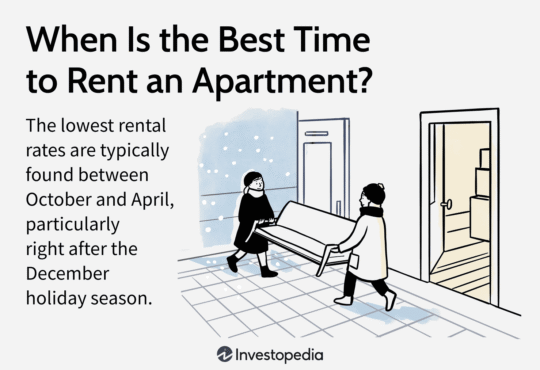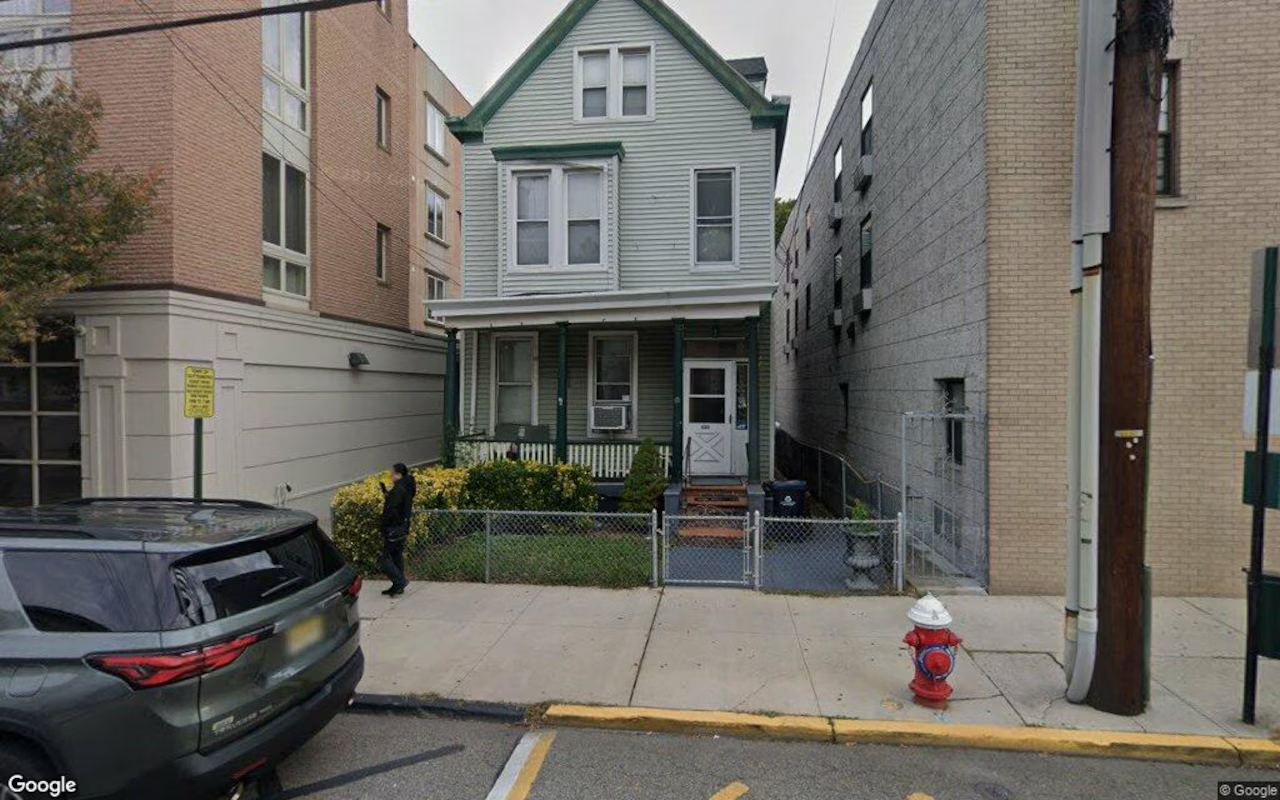
In 2021, Champlain Towers South in Florida collapsed and took 98 lives. The disaster was linked to the association’s failure to properly fund and manage its reserves, and exposed widespread failures in condominium association laws, oversight, and enforcement. It subsequently led to a $1.2 billion settlement for the families of victims and survivors that, in turn, sent insurance premiums soaring.
The sheer magnitude of the disaster and the recognition of the shared responsibility of all stakeholders, including owners and residents, accelerated a response from the Miami-Dade County.
Less than a year later, an ordinance for a publicly accessible registry and database of condominium association documents was adopted, and the registry was quickly devised. The ordinance is overseen by the Consumer Protection department of the Miami-Dade County Department of Regulatory and Economic Resources.

Ideas showcases stories, opinion and analysis about Hawaiʻi, from the state’s sharpest thinkers, to stretch our collective thinking about a problem or an issue. Email news@civilbeat.org to submit an idea or an essay.
In Hawaiʻi during the 2023 legislative session, Senate Bill 1201 and its companion House Bill 1297, a proposal to expand the existing condominium association registration system and replicate a registry similar to the 2022 Miami-Dade Ordinance, were heard.
The Department of Commerce and Consumer Affairs Real Estate Commission testified: “The Commission supports the intent to assist condominium unit owners and prospective purchasers by establishing a central repository of association documents but has concerns with and questions the necessity of an additional database … With respect to administrative issues related to implementation of this measure, the Commission’s database currently does not have the capability for associations to upload the documents proposed for registration …
“The Commission respectfully requests the (legislative) Committee consider a delayed implementation date to provide time for associations to compile documents and for the Commission to work with the Division in upgrading its electronic database.”

However, three years earlier, the DCCA launched the cloud-based Salesforce platform about which the department itself touted, “Salesforce, one of the leading names in the industry of data management … underscores DCCA’s commitment to fostering transparency, accountability, and responsiveness in addressing consumer grievances.”
Furthermore, the existing database referenced in the DCCA Real Estate Commission testimony cannot be properly called a “database,” lacking any condominium association documents except obsolete developer’s public reports from when the condominium was first originated, and a biennially updated registration that often has incorrect and outdated data or may be missing altogether.
Since 1999, the Real Estate Commission recurringly stated in its annual reports its plan, “To accomplish the Commission’s long-range goal of providing all condominium information online, staff continues to study the feasibility of establishing a central depository for all association governing documents on the Commission’s website, including minutes of association meetings …
“The Commission will assess its long-range goal of providing all public condominium information online and the feasibility of providing associations with a central depository for all governing documents on the Commission’s website, including minutes of association meetings.”
This year, it once again reiterated its earlier plans in the DCCA’s Real Estate Commission Program of Work for the 2026-2027 period:
“(to) administer the website with a long-range plan of including all condominium information, forms, dataset, etc., and online registrations … Study the feasibility of providing Associations a central depository for all governing documents, minutes, etc., via voluntary participation, including the cost of such a program.”
Hawaiʻi Revised Statutes 514B-71 charges the DCCA with “the improvement and more efficient administration of associations” and “expeditious and inexpensive procedures for resolving association disputes.”
But the DCCA Real Estate Commission allowed 26 years of delays from preventing most of the disputes brought to the DCCA (899 total reported mediation cases since 1999) that the proposed database could have alleviated.
The proposed database, whether an improved version of the 2023 Senate and House bills or the Real Estate Commission’s own creation, could enforce government transparency, an essential element of self-governance as it facilitates informed owner participation, promote accountability, build public trust, and improve condo governance. The proposed database could lessen the burden of condo disputes on the court system and spare owners and associations millions of dollars in legal fees and insurance costs.
It is in the best interests of Hawaiʻi’s residents — protecting life, safety, and financial security — that the state of Hawaiʻi implements an expanded and upgraded condominium registration database to provide a central online publicly accessible registry of essential condominium information and documents.
The state has the tools. Does it require legislation to encourage enforcement of the DCCA Real Estate Commission recurring but ignored plan?







